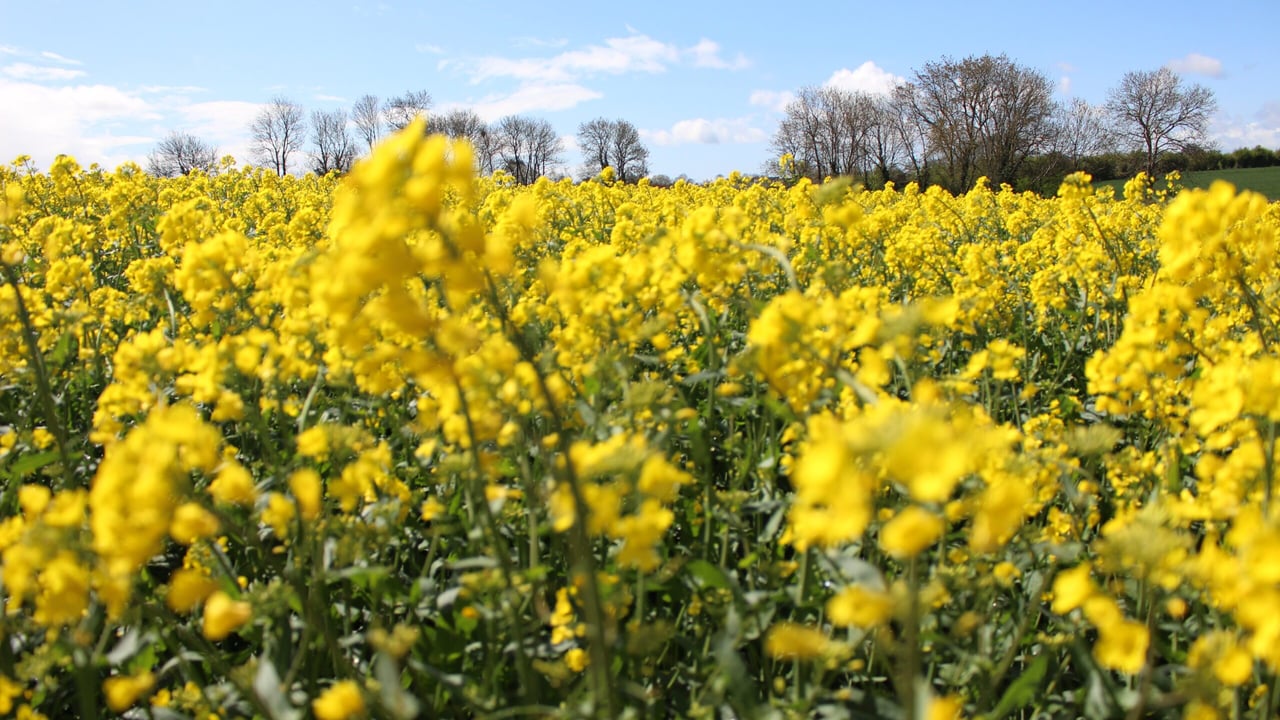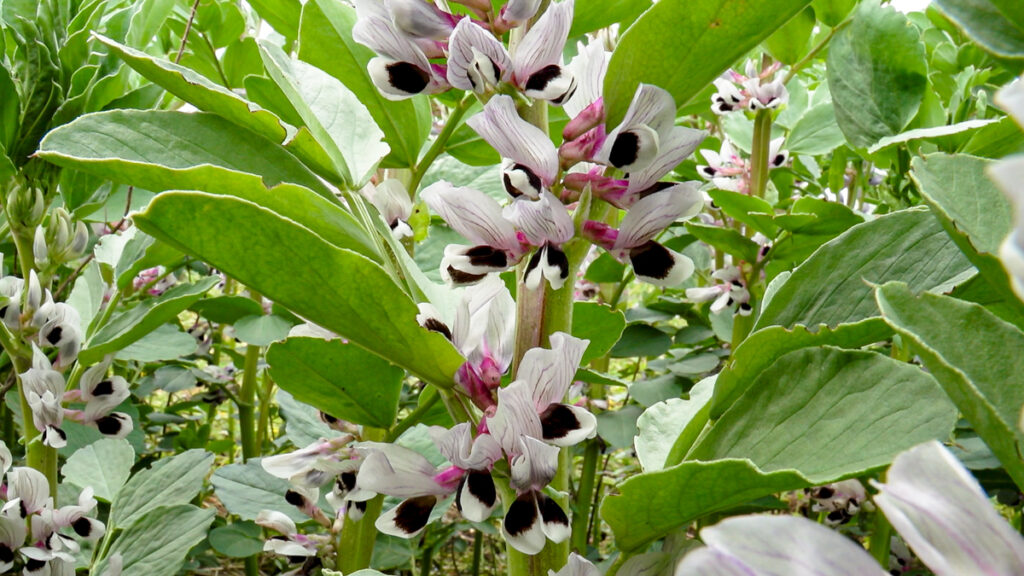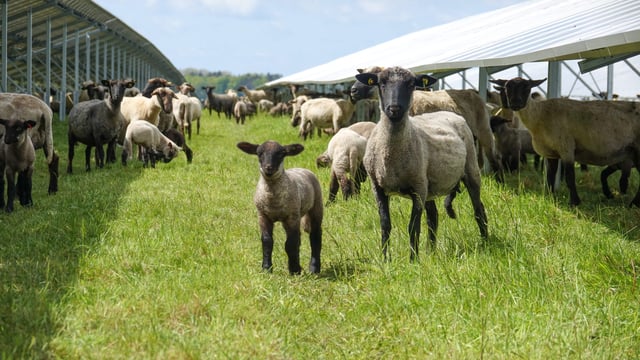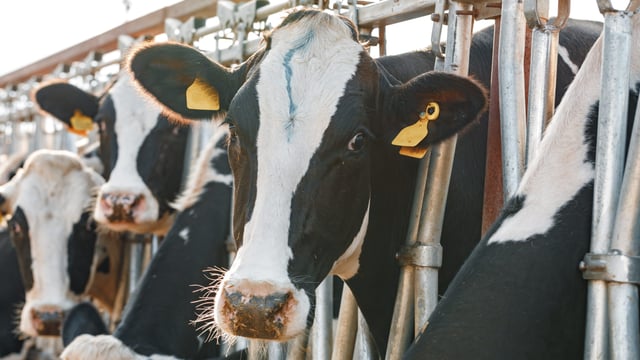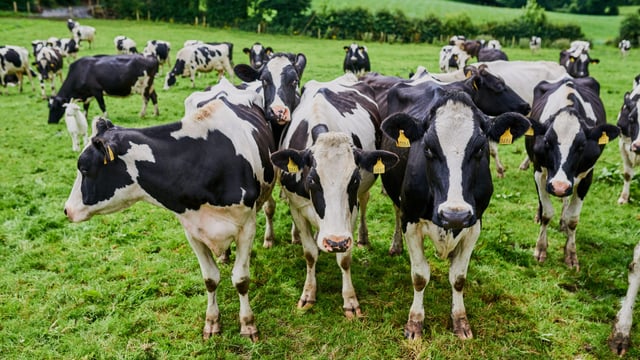Winter oilseed rape: The big winner in harvest 2025
Winter oilseed rape performed particularly well in 2024/2025, according to Teagasc.
It turned out to be an almost perfect growing season for the crop.
Moreover, a combination of good yields and excellent prices at harvest has encouraged tillage farmers to plant an increased area of winter oilseed rape for 2025/2026.
Teagasc tillage specialist, Shay Phelan told Agriland: “The oilseed rape acreage declined by around in 2024/2025 relative to the year previous.
"The main reason for this is a reflection on the harvest of 2024.
“There was a late harvest at that time, which physically prevented tillage farmers from getting rape crops into the ground during the relevant planting window.”
Oilseed rape 2025 harvest
Phelan outlined how harvest 2025 differed from the year before.
“Yields of oilseed rape were the highlight of harvest 2025," he said.
“We are looking at average in the region of 5t/ha, which is probably the highest that we have ever had.”
According to the agronomist, the good prices also available for oilseed rape significantly boosted the economic sustainability of the crop in 2024/25.
He said: “This in absolute contrast with the margins generated for spring barley, which remains Ireland’s largest cereal crop, in terms of the areas grown across the country."
Spring beans represent another important break crop for Irish tillage farmers.
And here again, the areas planted out in 2024/2025 fell back relative to the previous year.
Phelan explained:“The year-on-year acreage reduction came in at around 25%.
"This reflects the fact that the autumn of 2024 allowed tillage farmers to drill very large areas of winter cereal crops.
“And there is a very simple principle that then comes into play.
"High winter planting levels correspondingly reduced the amount of land available for spring crops.
“And spring beans were a casualty in this regard.”
Spring beans performed moderately well in 2024/2025 with average yields coming in at around 5.1t/ha.
Protein Aid Scheme
According to Phelan, the availability of the Protein Aid Scheme acts to boost the economics of spring bean production.
He said: “Protein Aid works to generate quite high margins for spring beans relative to cereal crops.
“There is a train of thought in some quarters that beans should have peformed better in 2024/2025 than actually turned out to be the case.
“But there’s little doubt that the weather played a key role in this regard.
“Bean crops, particularly those grown in light land do not like drought.
!And it was the lack of moisture that impacted on final yields in many cases.”

